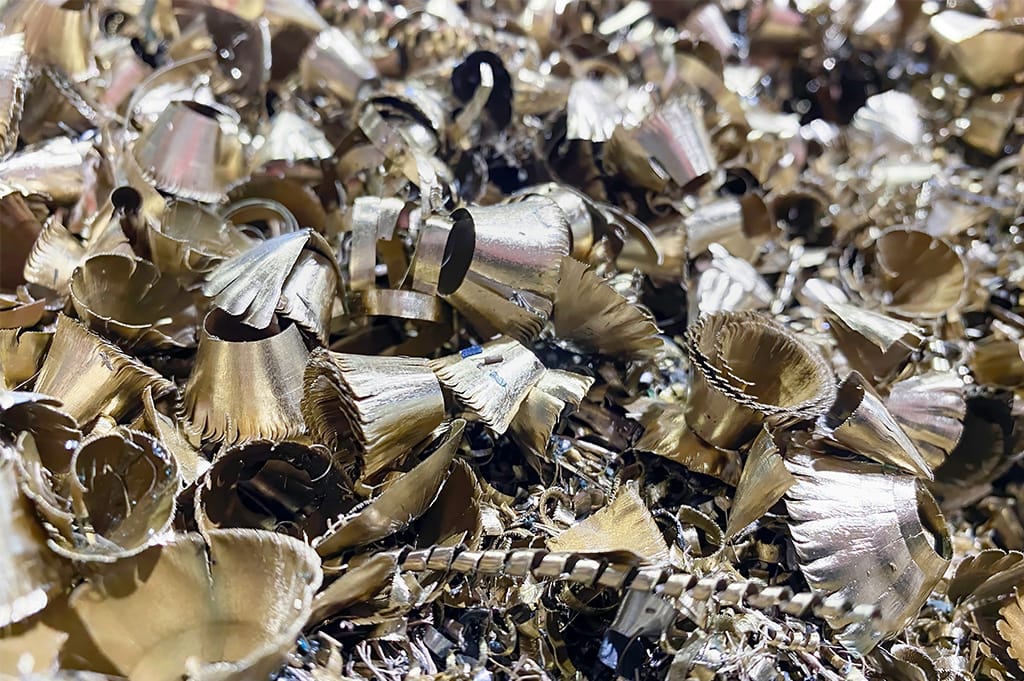In recent years, the importance of recycling has taken centre stage in discussions surrounding sustainability and environmental responsibility. One area that has gained significant attention is precious metal recycling, particularly in the United Kingdom. The recycling of precious metals not only aids in reducing waste but also helps conserve natural resources, making it a vital practice for individuals and industries alike.
Precious metals, including gold, silver, platinum, and palladium, are often used in various applications, from electronics to jewellery. However, the extraction of these metals from the earth is resource-intensive and environmentally damaging. Precious metal recycling offers an efficient and sustainable alternative, transforming old electronics, scrap jewellery, and industrial by-products into valuable resources.
How Precious Metals Are Recycled
The recycling process begins with the collection of precious metal-bearing materials. In the UK, various collection programs and recycling centres accept items such as old mobile phones, laptops, electronic circuit boards, and broken jewellery. Once collected, these items undergo sorting, where they are separated based on the type of metal and their composition.
Following sorting, the materials are processed to extract the precious metals. The most common process used in the United Kingdom involves smelting, which involves heating the materials to high temperatures to separate the metals from the non-metal components. This can be accomplished using a furnace that reaches temperatures of over 1,000 degrees Celsius. The intense heat causes the metals to melt and separate from the surrounding materials. Once melted, the molten metal is poured into moulds to form ingots, which can then be refined further to ensure purity.
Another popular method for extracting precious metals, particularly from electronic waste, is known as hydrometallurgy. This process involves using chemical solutions to dissolve the metals from the waste materials. Once dissolved, the metals can be recovered through precipitation or electrolysis. This method is particularly effective for recovering metals from complex materials found in electronics, which may contain small quantities of all four major precious metals.
Where Recycled Metals Are Used
Once the metals have been extracted and refined, they are then assessed for their quality and can be sold to manufacturers or used in various applications. Recycled precious metals play a crucial role in several industries. In the electronics sector, gold and silver are used in circuit boards, connectors, and other components due to their excellent conductivity and resistance to corrosion. In the jewellery industry, recycled gold and silver can be fashioned into new pieces, reducing the demand for mined metals. Additionally, platinum and palladium are essential for the manufacturing of catalytic converters, which help reduce harmful emissions from vehicles.
Environmental Benefits of Recycling
Beyond the commercial applications, the recycling of precious metals contributes significantly to environmental conservation. By opting for recycled materials, we help decrease the need for mining, which can be destructive to ecosystems and contribute to pollution. Moreover, recycling reduces energy consumption as the processes involved in recycling typically require less energy than extracting metals from ores.
A Sustainable Future for the UK
In summary, precious metal recycling in the United Kingdom is a crucial step towards a sustainable future. The process not only conserves natural resources and reduces environmental impact, but also supports various industries reliant on these valuable materials. As consumers become increasingly aware of their environmental footprint, embracing recycling initiatives can make a positive impact on the planet.
